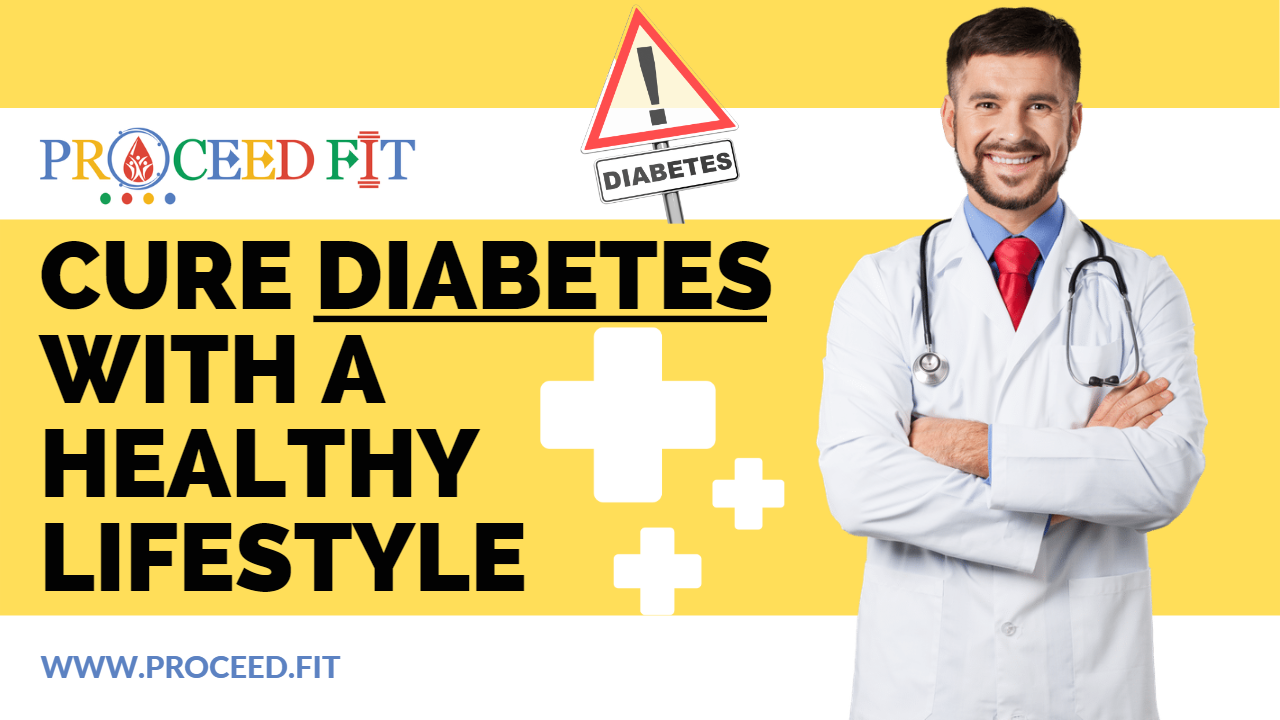
The benefits of regular check-ups and preventive care
Healthcare Apr-17-2023 0Maintaining good health is essential for our survival. However, it can be difficult to determine when a person is considered healthy or when a human body is functioning optimally. The answer to this question lies in the absence of illness or disease within the body. A healthy body is one that is free from any ailments or medical conditions and is functioning well in all aspects. In other words, when all bodily systems are working in harmony and there are no symptoms of illness or disease, we consider the body to be healthy.
A healthy body is characterized by a range of physical, mental, and emotional well-being.
Physical health refers to the proper functioning of the body's systems, such as the cardiovascular, respiratory, and digestive systems. A healthy body has a normal weight, blood pressure, and cholesterol level, and is free from chronic diseases such as diabetes and heart disease.
A healthy body means physical, mental, and emotional well-being. It's when your body's systems work well, and you don't have chronic diseases. A healthy mind can handle life's challenges and has clarity and emotional stability. To be healthy, you need to live a healthy lifestyle, including exercise, a balanced diet, good sleep, and stress management.
In order to make sure that your body is healthy and free from diseases, or to detect the issues if there is any it is important to go for regular checkups and preventive care.
What is considered to be a regular checkup?
A regular check-up is a routine medical examination conducted by a healthcare professional, such as a doctor, nurse practitioner, or physician assistant, to assess a person's overall health and detect any early signs of disease or medical conditions. The frequency of regular check-ups varies depending on a person's age, medical history, and overall health status, but they are generally recommended at least once a year for adults.
During a regular check-up, the healthcare professional will typically check the patient's vital signs, such as:
• blood pressure
• heart rate
• temperature
• Conduct a physical exam to assess any abnormalities or signs of illness.
• laboratory tests, such as blood tests or urine tests
• Evaluate the patient's organ function
• Detect infection or inflammation
• Screen for chronic conditions like diabetes or high cholesterol.
What is preventive care?
Preventative care refers to healthcare services and interventions that aim to prevent or detect potential health problems before they become more serious. Preventative care can help individuals maintain good health, reduce their risk of developing chronic diseases, and detect and treat health problems early when they are easier to manage.
Examples of preventive care include:
• Regular check-ups and screenings for high blood pressure, high cholesterol, diabetes, and other chronic diseases.
• Vaccinations prevent infectious diseases such as influenza, pneumonia, and hepatitis.
• Cancer screenings, such as mammograms and colonoscopies, detect cancer at an early stage when treatment is most effective.
• Lifestyle counseling and support to encourage healthy habits such as regular exercise, healthy eating, and smoking cessation.
• Mental health screenings and counseling to identify and treat mental health conditions such as depression and anxiety.
• Preventive dental care, such as regular cleanings and exams, maintains good oral health and prevents dental problems.
Preventative care is an important component of healthcare because it can help individuals stay healthy and reduce healthcare costs by avoiding more costly and complex treatments that may be required if health problems are not detected early. Many healthcare plans and insurance policies cover preventative care services to encourage individuals to seek these services and maintain good health.
What are the benefits of regular checkups and preventive care?
Preventive care and regular check-ups offer many benefits for individuals and the healthcare system as a whole. Some of the key benefits include:
• Early detection of health problems: Regular check-ups and screenings can help detect health problems early before they become more serious and more difficult to treat. Early detection can lead to more effective treatments and better health outcomes.
• Prevention of chronic diseases: Preventive care can help individuals adopt healthy behaviors and manage risk factors that contribute to chronic diseases such as diabetes, heart disease, and cancer. By preventing these diseases or managing them effectively, individuals can improve their quality of life and reduce healthcare costs.
• Cost savings: Preventive care can help reduce healthcare costs by avoiding expensive treatments and hospitalizations that may be required if health problems are not detected early. By preventing or managing chronic diseases, individuals can also avoid the costs associated with long-term care and disability.
• Improved overall health: Preventive care can help individuals maintain good health and well-being by identifying and addressing health issues before they become more serious. This can lead to better physical and mental health, improved productivity, and a better quality of life.
• Increased lifespan: By adopting healthy behaviors and managing risk factors for chronic diseases, individuals can potentially increase their lifespan and enjoy more years of good health.
In summary, preventive care and regular check-ups are essential for maintaining good health, preventing chronic diseases, and reducing healthcare costs. By taking advantage of these services, individuals can improve their overall health and well-being and enjoy a better quality of life.
How to make regular checkups budget-friendly?
Regular check-ups are an important part of maintaining good health and preventing chronic diseases. However, the cost of healthcare can be a barrier for some individuals. Here are some budget-friendly options for regular check-ups:
• Community health clinics: Many communities have health clinics that provide low-cost or free medical services to those in need. These clinics may offer basic check-ups and screenings, as well as referrals to specialists if needed.
• Employer wellness programs: Some employers offer wellness programs that include regular check-ups and health screenings at no cost or at a reduced cost to employees. Check with your employer to see if such programs are available.
• Telemedicine: Telemedicine allows individuals to connect with healthcare providers remotely via video conferencing or phone. This can be a convenient and cost-effective way to receive regular check-ups and consultations with healthcare providers.
• Government healthcare programs: In some countries, the government offers healthcare programs that provide low-cost or free medical services to eligible individuals. Check with your local government to see if such programs are available.
• Negotiation with healthcare providers: If you have limited financial resources, you can try negotiating with healthcare providers to lower the cost of services. Some providers may be willing to offer discounts or payment plans for those who are unable to pay in full at the time of service.
In conclusion, regular check-ups and preventative care are essential for maintaining good health and preventing serious health problems. These practices can help detect any health issues early on when they are more treatable and less costly. By opting for preventative care, individuals can take charge of their health and well-being which can lead to a better quality of life and longevity. Remember, prevention is always better than cure and investing in your health today can surely lead to a healthier and happier tomorrow. So, schedule that check-up and take the first step towards a healthier you.
Booking a preventative care check-up is now easy and convenient with our tool. Simply click here to schedule your appointment.
Disclaimer : The information provided here is for general informational purposes only and is not intended to be a substitute for professional medical advice, diagnosis, or treatment. If you have any concerns about your health or are experiencing symptoms, it is important to consult with a healthcare professional. They will be able to assess your specific situation and provide you with personalised advice and treatment based on your symptoms, body type, allergies (if any), existing medical conditions etc. It is always a good idea to consult with a healthcare professional before making any decisions about your health.


_.png)
_.png)


_(1)_1.png)
_1.png)
_1.png)
_(1)_1.png)











Sorry! You can't submit a comment without logging in first. If you have a general question, please email us at [email protected]
0 Comments